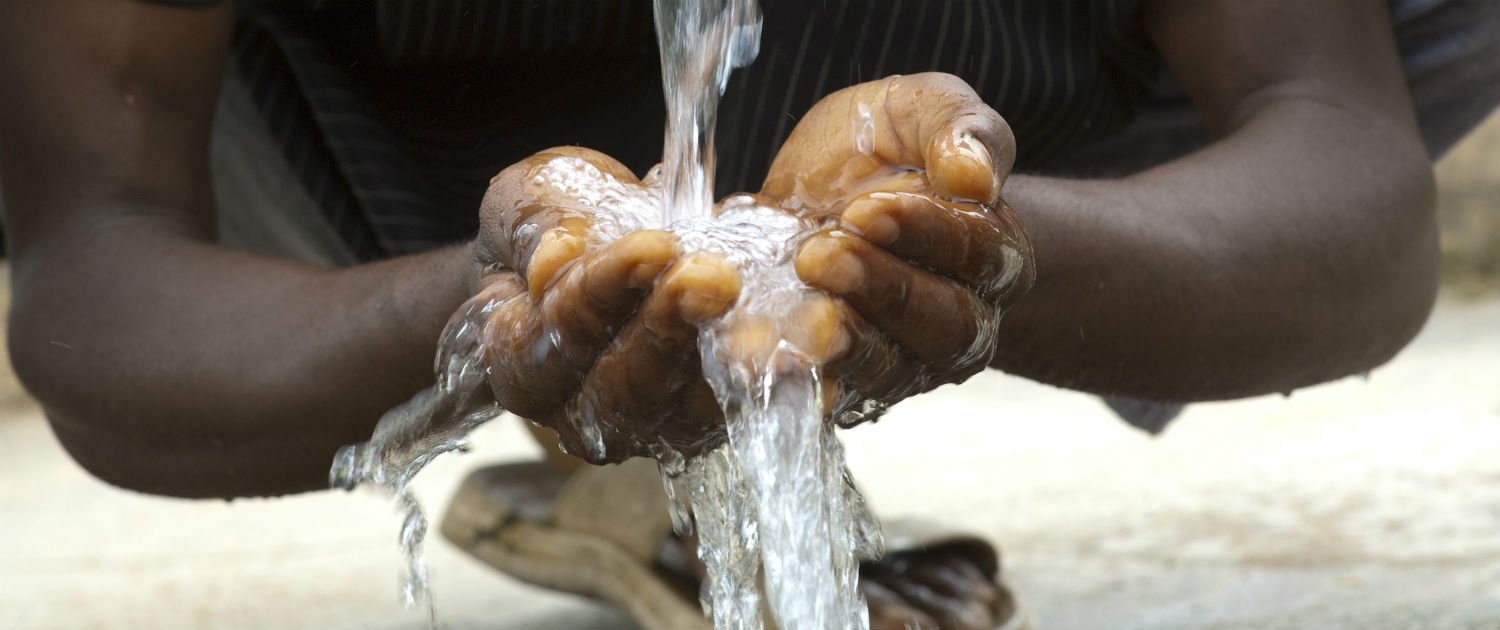The United Nations Children’s Fund, UNICEF, has said more than 100,000 Nigerian children under five years of age die each year due to water borne diseases, Geoffrey Njoku, communication specialist, has said.
This was revealed in a press statement signed and issued to journalists in Kano on Saturday, February 1, 2020, by the UNICEF communication specialist with their Kano Field Office, Rabiu Musa.
Njoku said in the statement that “The lack of WASH facilities in schools are of serious concern as children who do not have access to water, are most likely to lose interest in pursuing learning opportunities because they are forced to spend more time in search for water during school hours or stay out of school to recover from illness caused by frequent episodes of diarrhoea.”
Access to clean drinking water is a human right – just like the right to food and the right to live without torture and racial discrimination,” he said. He further explained that data from the WASH National Outcome Routine Mapping, WASH NORM, shows that 47 million Nigerians practice open defecation, and only 11 percent have access to complete basic water, sanitation and hygiene services.
Njoku added that only 13 percent of schools have access to basic water and sanitation services.
“Ending open defecation and making water, sanitation, and hygiene services available to all Nigerians is one of the biggest challenges as construction and management of facilities require sustained investments and more partnerships, especially with the private sector.
“The Nigeria government should invest three times more in the water sector, making sure that every Nigerian has access to clean water and a toilet as the lack of access to water is impacting their wellbeing, specially of the most vulnerable.
“The EU, through UNICEF, is supporting the government of Nigeria to achieve the objectives of the national campaign on open defecation free Nigeria launched last year and the state of emergency declared on the WASH sector by the president in 2018.
According to the specialist, about one million people in six local government areas of Jigawa and Kano states will benefit from improved access to safe water and sanitation facilities provided by the UNICEF in those areas.
The benefitting areas include Madobi, Takai, Gaya and Kabo local government areas of Kano State.







